The death of Iran’s terrorist- in-chief, Qassem Soleimani, brought a swift end to a dangerous adversary but there is no end in sight to the long war that Iran has been waging since it took US diplomats hostage in 1979. As commander of the Quds Force of the Islamic Revolutionary Guards, Soleimani was a war criminal. His ruthless proxy militias routinely slaughtered civilians in bloody battles to install puppet Iranian governments in Syria, Lebanon, Iraq, Gaza and Yemen. The loss of life in these conflicts was staggering. Soleimani’s Shia militia not only contributed to the half million deaths in the Syrian civil war, their sectarian violence played a critical role in spawning Isis.
The Quds Force also funded terror attacks around the world, particularly in Afghanistan, where Iran provided a steady supply of Improvised Explosive Devices that killed and maimed Australian and US soldiers as well as civilians. Soleimani’s snipers also shot most of the 1,500 protesters murdered in demonstrations in Iran and Iraq last year, which explains why four hours after his death at 1a.m., Iraqis were dancing in the streets.
Soleimani had been playing chicken with the Americans ever since the US rightly withdrew from Barack Obama’s deeply flawed Joint Comprehensive Plan of Action in May 2018. The worst defect of the JCPOA was that it unlocked US$100 billion, which Iran used to fund Soleimani’s terror at home and abroad.
Soleimani thought that by ratcheting up his attacks on America and its allies he could pressure the US to return to the nuclear deal. His fatal error was to wage a war with Trump on Twitter. He tweeted a picture of himself in front of an exploding White House. Trump responded with a Game of Thrones poster starring himself and sporting the title, ‘Sanctions are Coming’. Soleimani shot back with his own GoT poster that said, ‘I will stand against you’. Then Iran’s Supreme Leader went too far, boasting to Trump on Twitter on New Year’s Day, ‘You can’t do anything.’ Two days later a missile launched from a US MQ-9 Reaper became Soleimani’s Grim Reaper.
Iran’s missile attack on two Iraqi bases housing US forces in retaliation for Soleimani’s death is not an escalation of hostilities so much as a continuation. In May, Iranian proxies launched a rocket that exploded near the US embassy in Baghdad. In June, Iran shot down a US drone over the Strait of Hormuz. In July it seized a British tanker. In September it attacked a Saudi oil refinery. In December, an Iranian-backed militia attacked a military base in Iraq and killed a US civilian. On New Year’s Eve, Iranian-backed militia stormed the US embassy in Baghdad.
Soleimani’s death prompted the Washington Post to call him Iran’s ‘most revered military leader.’ ‘Sorry for your loss, Wash Post,’ joked one commentator. ‘There’s no way all the keys that spell “terrorist” are broken on everyone’s keyboard at WaPo,’ wrote another. Days earlier, the New York Times described the militia that stormed the embassy as ‘mourners.’
Hollywood’s dimmer bulbs have gone even further. Ricky Gervais jokingly asked stars at the Golden Globes Awards on Saturday not to lecture the public, given the way they had turned a blind eye to the alleged sex crimes of Harvey Weinstein. This salutary advice came too late for actress Rose McGowan, who, on learning of Soleimani’s death tweeted: Dear #Iran, The USA has disrespected your country, your flag, your people. 52% of us humbly apologize. We want peace with your nation. We are being held hostage by a terrorist regime. We do not know how to escape. Please do not kill us. Filmmaker Michael Moore has also apologised to Iran.
The death of Soleimani will not end Iran’s reign of terror but neither is it a Franz Ferdinand moment that will cascade into a quagmire. Iran is weak and over-extended, engaged in proxy wars —with the Saudis, Israel and the US — and its economy is struggling under the weight of sanctions, fuelling civil unrest. Like all dictators, the fundamental goal of Ayatollah Khamenei is to remain in power. He does not want a war with the most powerful military on earth, especially with a president who is not afraid to call his bluff. He’d prefer a Democrat in the White House who would reinstate the JCPOA, unlocking the billions Iran needs to turbo-charge its terrorism and achieve its key strategic goal of becoming the regional hegemon in the Middle East.
What the craven appeasers won’t admit is that Trump’s policy is both more moral and more effective. His sanctions constrain Iran, his unpredictability unsettles his enemies (as well as his allies) and his preparedness to act provides a credible deterrent. It is impossible to predict how this dangerous situation will unfold; what is certain is that unlike Obama, Trump has significantly weakened Iran and that makes the world a safer place.
Got something to add? Join the discussion and comment below.
Get 10 issues for just $10
Subscribe to The Spectator Australia today for the next 10 magazine issues, plus full online access, for just $10.
You might disagree with half of it, but you’ll enjoy reading all of it. Try your first month for free, then just $2 a week for the remainder of your first year.


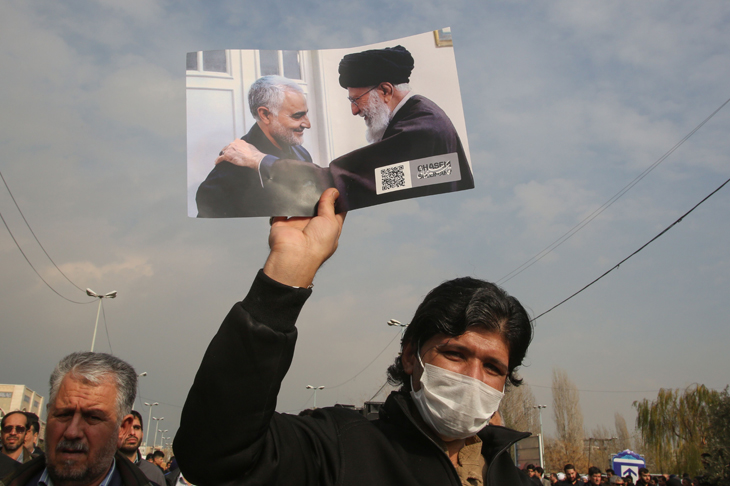
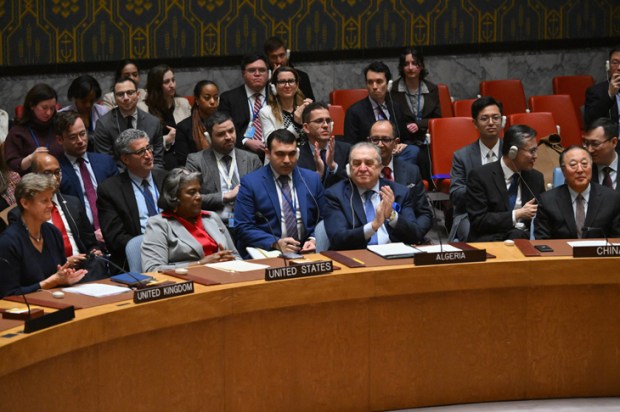
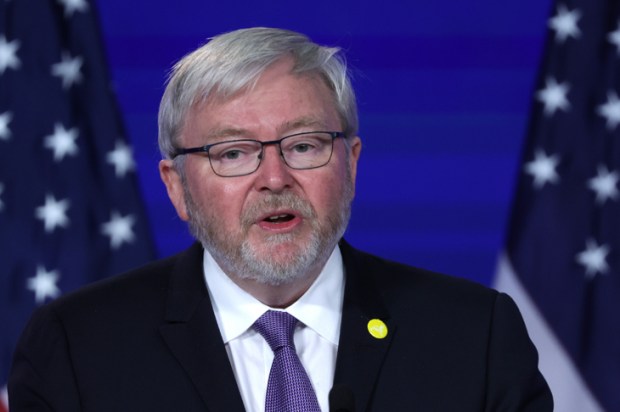
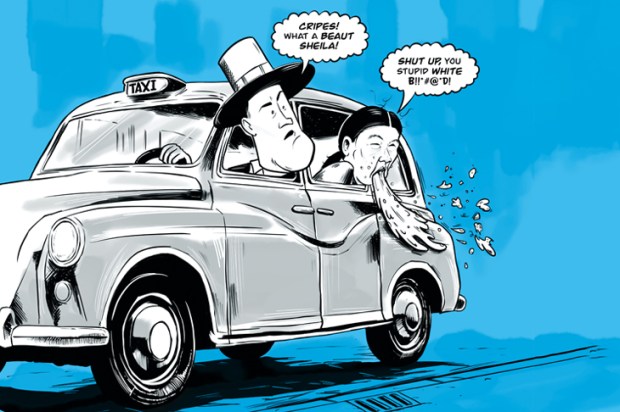
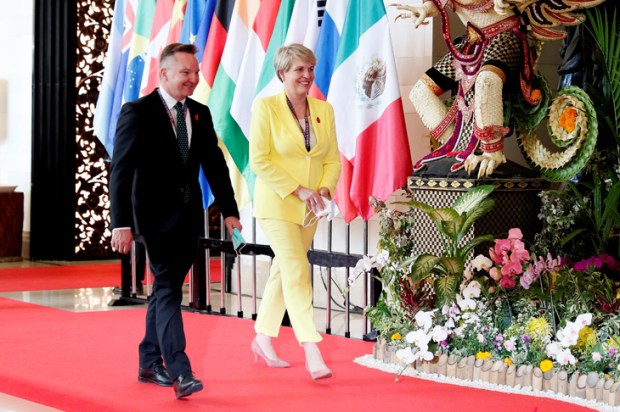
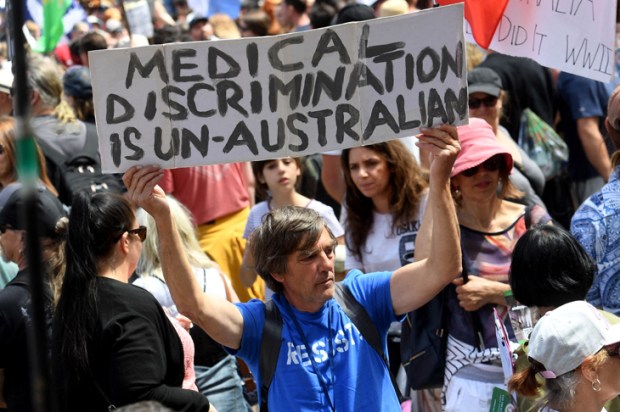
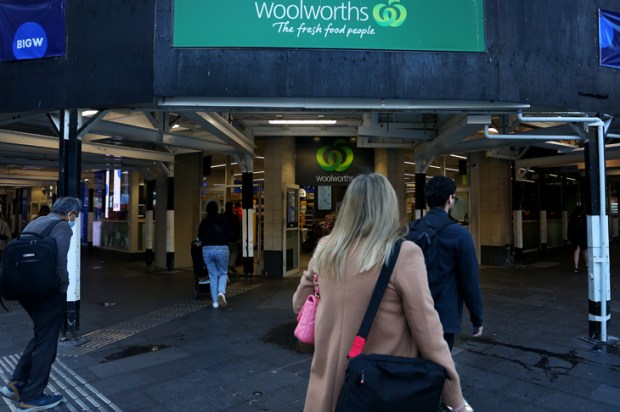






Comments
Don't miss out
Join the conversation with other Spectator Australia readers. Subscribe to leave a comment.
SUBSCRIBEAlready a subscriber? Log in